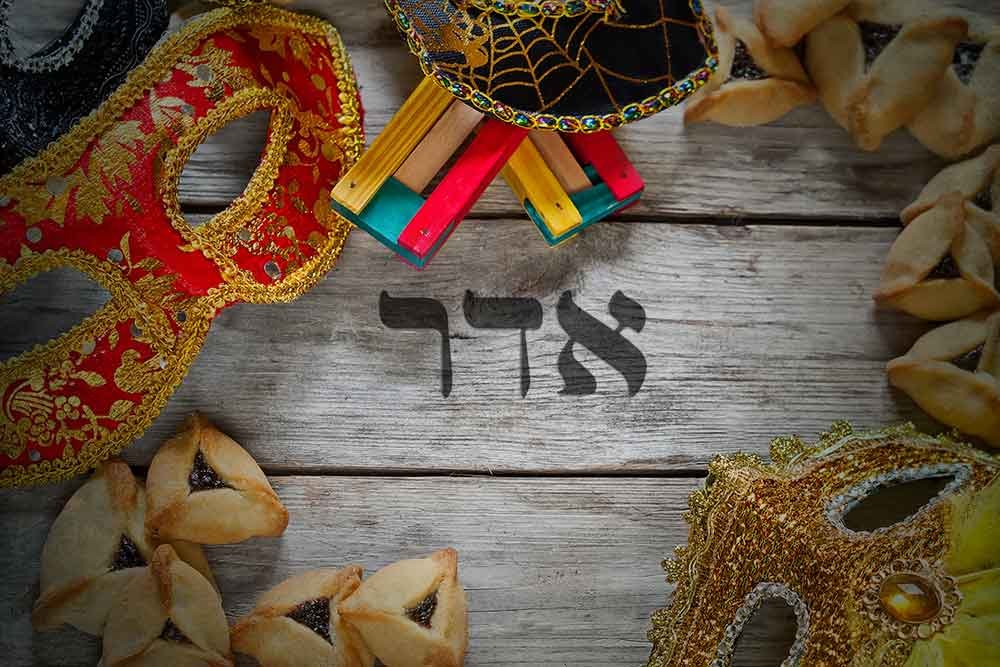MIKEITZ מִקֵּ֖ץ (At the end) GENESIS 41:1-44:17
PROPHETS: ZECHARIAH 2:14-4:17 | GOSPEL: LUKE 24:13-29
TORAH:
At the end of what? The end of 2 years, TO THE DAY, from when Joseph had interpreted the dreams of the Chamberlain and the Butcher. This is the parashah where Joseph interprets Pharaoh’s dreams. The Chamberlain of Cupbearers remembers Joseph from the prior parashah. Pharaoh, from the Chamberlain’s counsel, summons Joseph. After Joseph interprets the dream, Pharaoh raised him up to 2nd in command of all of Egypt. Joseph is given a new name: Zaphenath-paneah to represent his new position. Rashi and Rashbam define this to mean “He who explains what is hidden.” It is common in both the Tanach and other cultures at the time, that a person’s name is changed in accordance to their new life and authority. Today, such changes have to be ratified by the courts.
Joseph implements his plan during the 7 years of plenty to protect Egypt from the upcoming 7 years of famine. Two sons are born to Joseph during the 7 years of plenty, this is important because they will take a bigger role in the structure of the 12 tribes later. When the famine hits, it not only affects Egypt (Mitzrayim), but all the earth (according to the English translations; however, the Hebrew says all the land). The Hebrew word is Ha’aretz הָאָרֶץ, which generally means the land, but can also mean the earth or the world. It may have seemed like the entire earth to the men at the time because there was little contact beyond their geographical areas. Knowing how the climate over the entire planet functions today, it is not feasible that a famine over that area would affect the other continents the same way. It is more likely that the other continents were experiencing more rainfall, possibly even flooding.
Jacob, Joseph’s father, hears of the food available in Egypt and sends his 10 oldest sons to fetch food for the family. Upon their arrival in Egypt, they are brought before Joseph who recognizes them. The brothers do not recognize him though, so Joseph tests them by accusing them of being spies since they did not bring Benjamin, their youngest brother, with them. Joseph imprisons them for 3 days before allowing 9 of them to return with food to Canaan for their families. Upon the 9 sons’ arrival, they relay the results of their trip and the demand for Benjamin to return for proof along with the sad fact that Simeon is being held prisoner until they return. At first, Jacob responds negatively by denying their return, accepting the result that he has now lost 2 sons and refuses to lose a 3rd. Reuben offers surety for Benjamin, yet Jacob still refuses.
Only after they run out of food, possibly a month or so later as Judah reveals they could have returned twice to Egypt by this time, does Jacob relent and allow them to return with Benjamin. Judah, instead of Reuben, now offers personal protection of Benjamin. Interestingly, Jacob requires them to send a tribute of balsam, honey, wax, lotus, pistachios, and almonds to the Egyptians during a famine. Since these items are mostly from trees, it paints a picture that the famine only affects the grain crops (such as corn, wheat, barley, and such) and not the trees, which have deeper roots to withdraw water from.
Seeing their return, Joseph has them sent to his home for a noon meal. They are suspicious of this, but are reassured by the man in charge of Joseph’s house, who then brings Simeon to them. Joseph is overcome with emotions during the meal time because of Benjamin. The brothers still do not recognize Joseph as he speaks and presents himself as an Egyptian. They assure Joseph that their father still lives and they are sent on their way back to Canaan. However, before they depart, Joseph has his silver goblet placed in Benjamin’s sack and all of their money returned in their sacks as before.
Evidently, these brothers do not take the time to check their sacks [AGAIN] even though they should have remembered the returned money the first time. They leave without incident, but are stopped by Joseph’s men a small distance away. The men accuse them of stealing the goblet and begin a search of all the bags, leaving Benjamin’s to last. They find the goblet, since they had placed it there, and try to take Benjamin back for the crime. The other 10 refuse and return with Joseph’s men to beg forgiveness.
Prostrating themselves (all 11) to Joseph fulfills the dream he had told them before they sold him away. Judah speaks for the brothers stating, “God has uncovered the sin of your servants. Here we are; We are ready to be slaves to my lord – both we and the one in whose hand the goblet was found.” A bold move by Judah, since he had only recently guaranteed Benjamin’s return to their father.
He (Joseph) replied it would be sacrilegious (against God’s will) and only the thief (Benjamin) would be his slave. He tells the other 10 to go in peace to their father, which they of course are not willing to do without Benjamin. The next parshah reveals the result.
© Copyright December 2023 Odon Obadyah Ministries and Min. Donald H. Garrett
Previous: VAIYEISHEV
Next: VAIYIGASH







